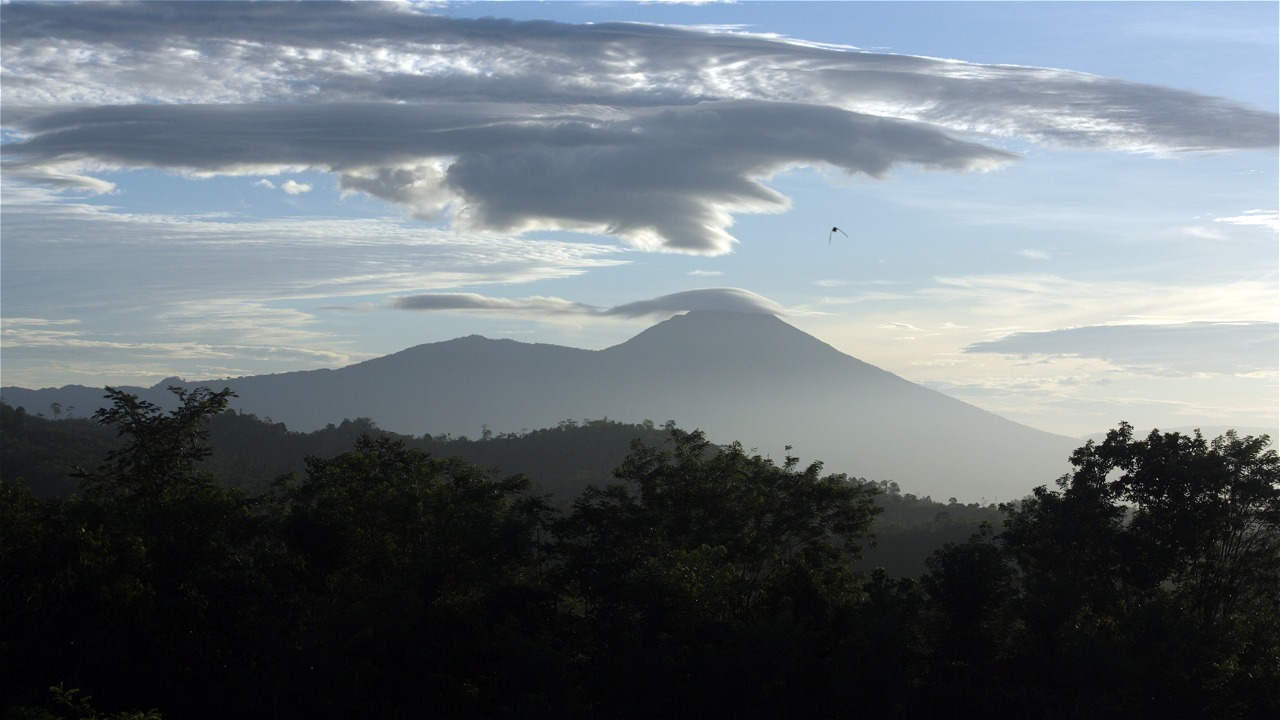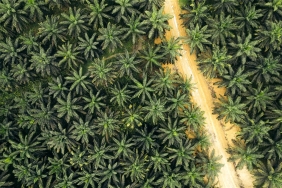WWF’S EFFORTS TOWARD KUYUNGARANG COFFEE PRODUCTION
By: Masayu Yulien Vinanda
Lampung (15/07)-Since 2004, WWF-Indonesia has been giving assistance to group of coffee farmers around Bukit Barisan Selatan National Park, lampung in implementing sustainable coffee harvesting and production. Under “coffee and conservation” program, WWF encourages farmers to improve their harvest as well as ensures the quality of their products.
Through field farmers school, WWF gives knowledge to the farmers how to manage their plantation, stimulate the growth of coffee fruits and encourages them to use organic fertilizers instead of chemical based fertilizers and pesticides.
“We train them the good cultivation menthod so that they will gain more harvest as well as improve the quality. Slowly this will increase their income. As a result they will acknowledge that this one area may yield equal to three or four areas inside the park,” Community-based Conservation Officer for WWF-Indonesia Lampung office Iwan Kurniawan.
Head of Ngudi Rukun Coffee Farmers Asociation, Prapto experienced the benefits of the farmers school. He saidm through field farmers school, the farmers are encouraged to discover environmental potential for instance season calender, cultivation techniques, development of biological agents, distribution of nutrition, and method to cut away suckers (a twig that grows upward out of a main stem).
“We learned to make liquid organic fertilizer (POC), liquid supplement fertilizer (PPC ) to stimulate tthe fruit and root growth. Moreover we have learned methods to combat pests for instance using patogent insects particularly B. Bassiana fungus (Beauveria bassiana) and trcihoderma fungus to control the plant disease. Then we finally found out that we don’t have to put much effort to discover natural enemies to reduce pest population and balance the plantation’s ecosystem,” he said.
Beside the plantation maintenance, WWF also assists the farmers during the harvesting process. According the Internal Control System (ICS) which have been agreed by both parties (WWF and the farmers), 80 % of coffee fruits harvested are “coffee cherries” (riped fruits). They used to pick both the green and red ones. Now they only pick the “red” fruits. This influences a lot to the quality of the coffee produced.
Post-harvesting process is also been controlled. The farmers used to dry coffee beans on the floor or on the ground, now they dry them using “para-para” (bamboo) or cement cover. This drying method aims at ensuring the coffee quality since coffee beans are porous, they act like a sponge and absorb odors.
The next process is taking the coffee beans to Sekar Sedayu business unit. The group of housewives then process those coffee beans into Kuyungarang coffee powder. In this unit, the coffee beans also have special treatment. Processed coffes are hand sorted to remove defects or to separaret by grade. They also control the level of water for no more than 12 %.
Those WWF’s assistances are able to improve the production number and quality of Kuyungarang coffee powder. According to Prapto, coffee production increases approximately 20 %. He predicted, for the next two or three years, it will raise up for more than 50 %.
“This year we have two special orders, one from the local demand reaching to one ton of premium coffee with third grade and level of water from 11,8 to 12 %. Recently we have sent the coffee beans to Sekar Sedayu with the same grade. We are optimistic that we can fulfil all the demands,” he said.





